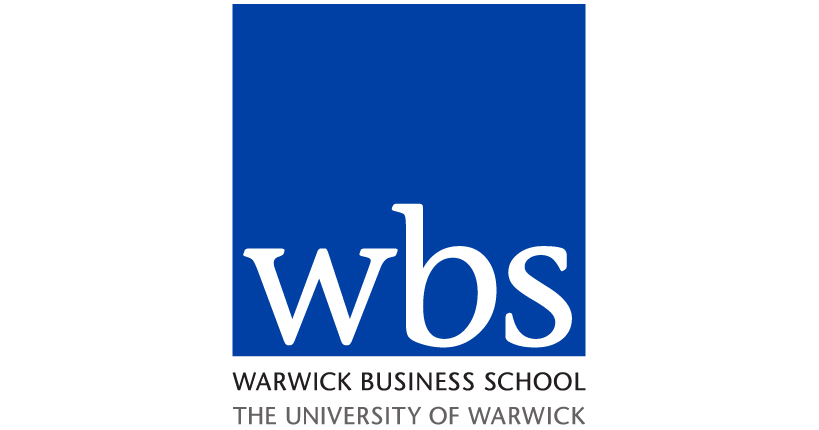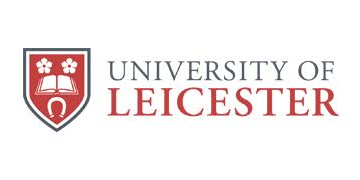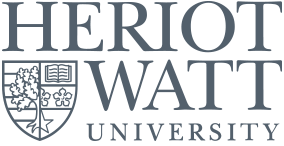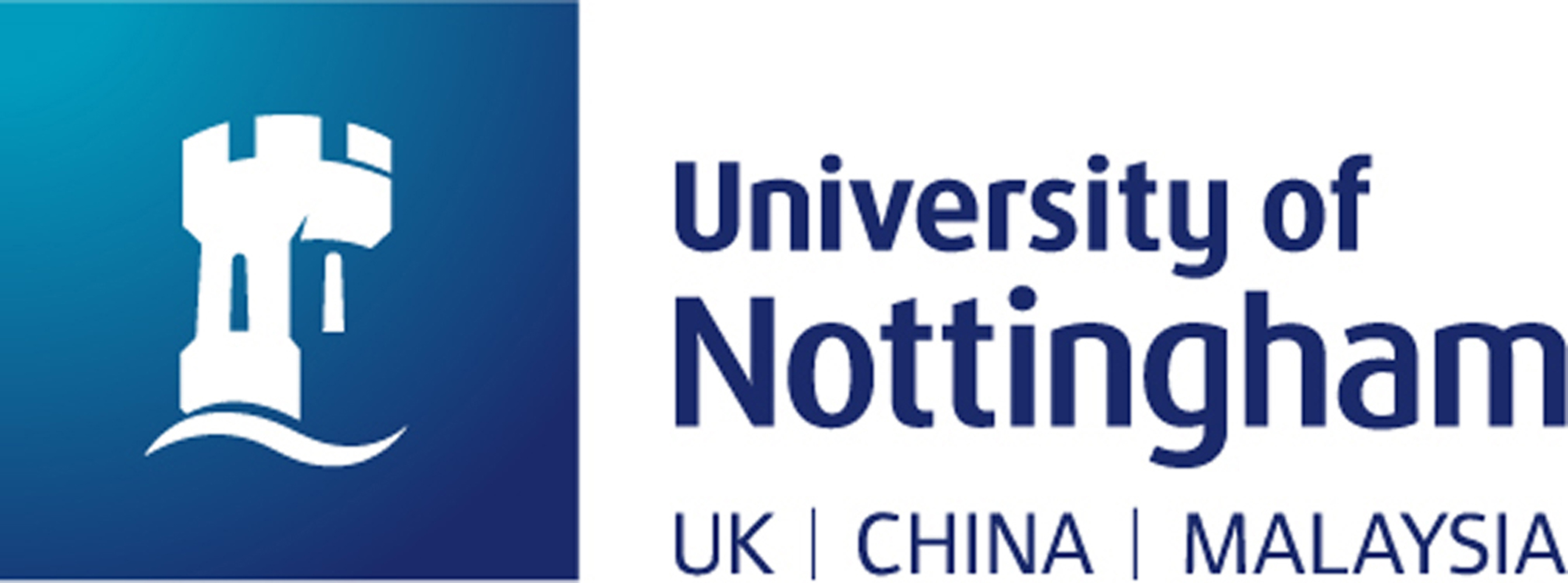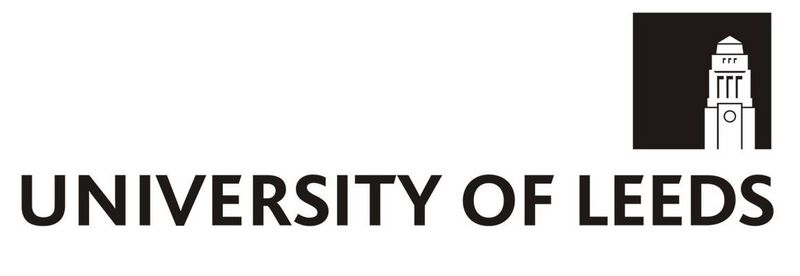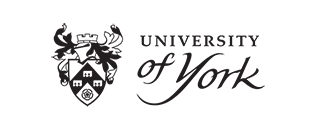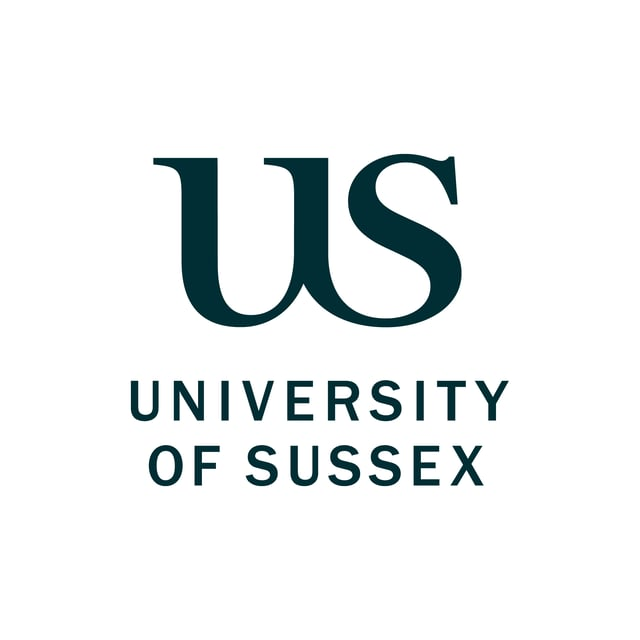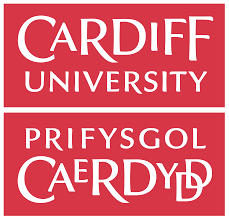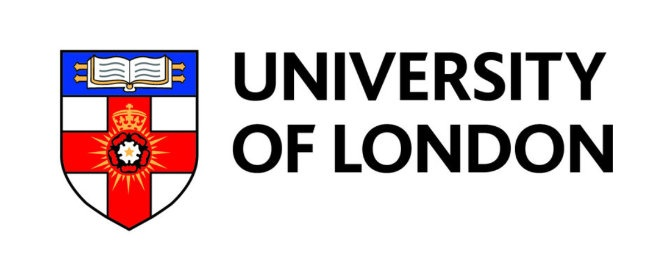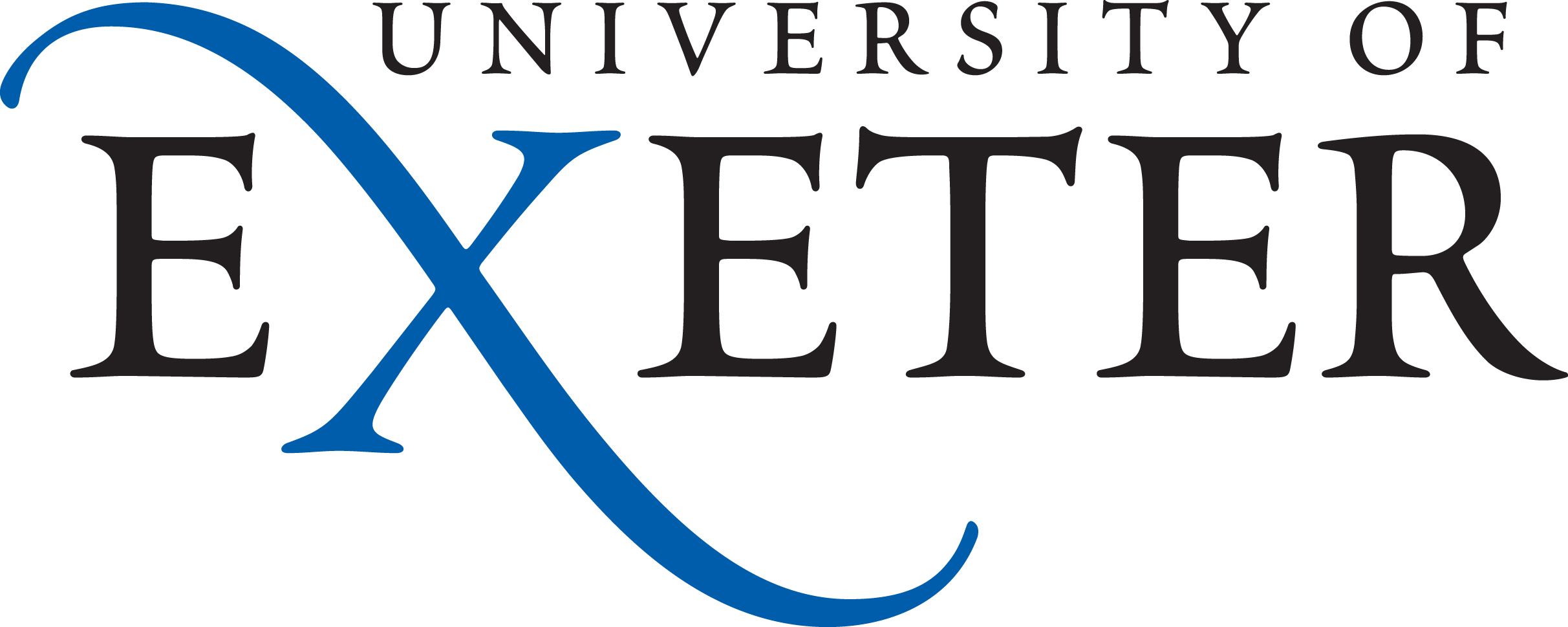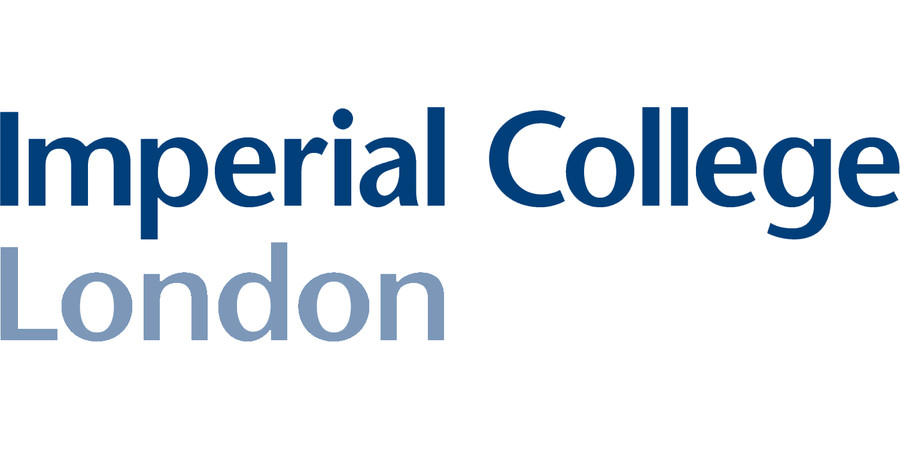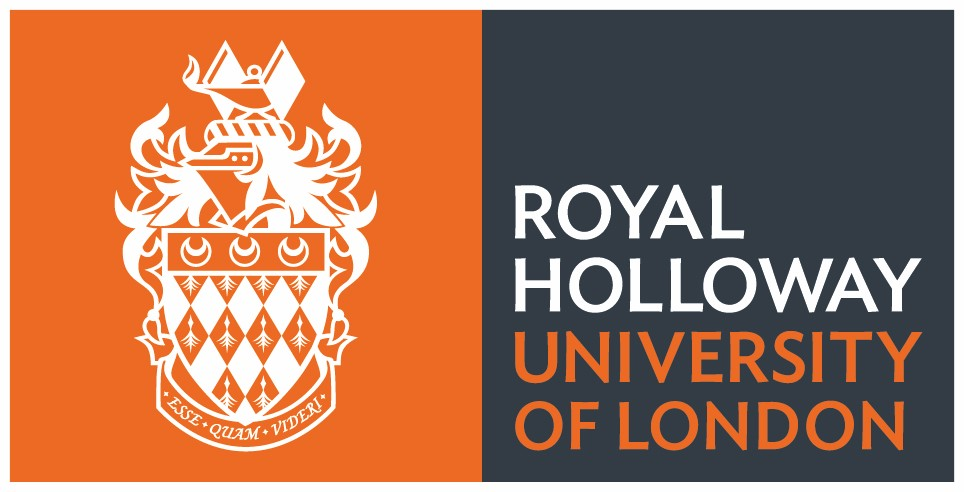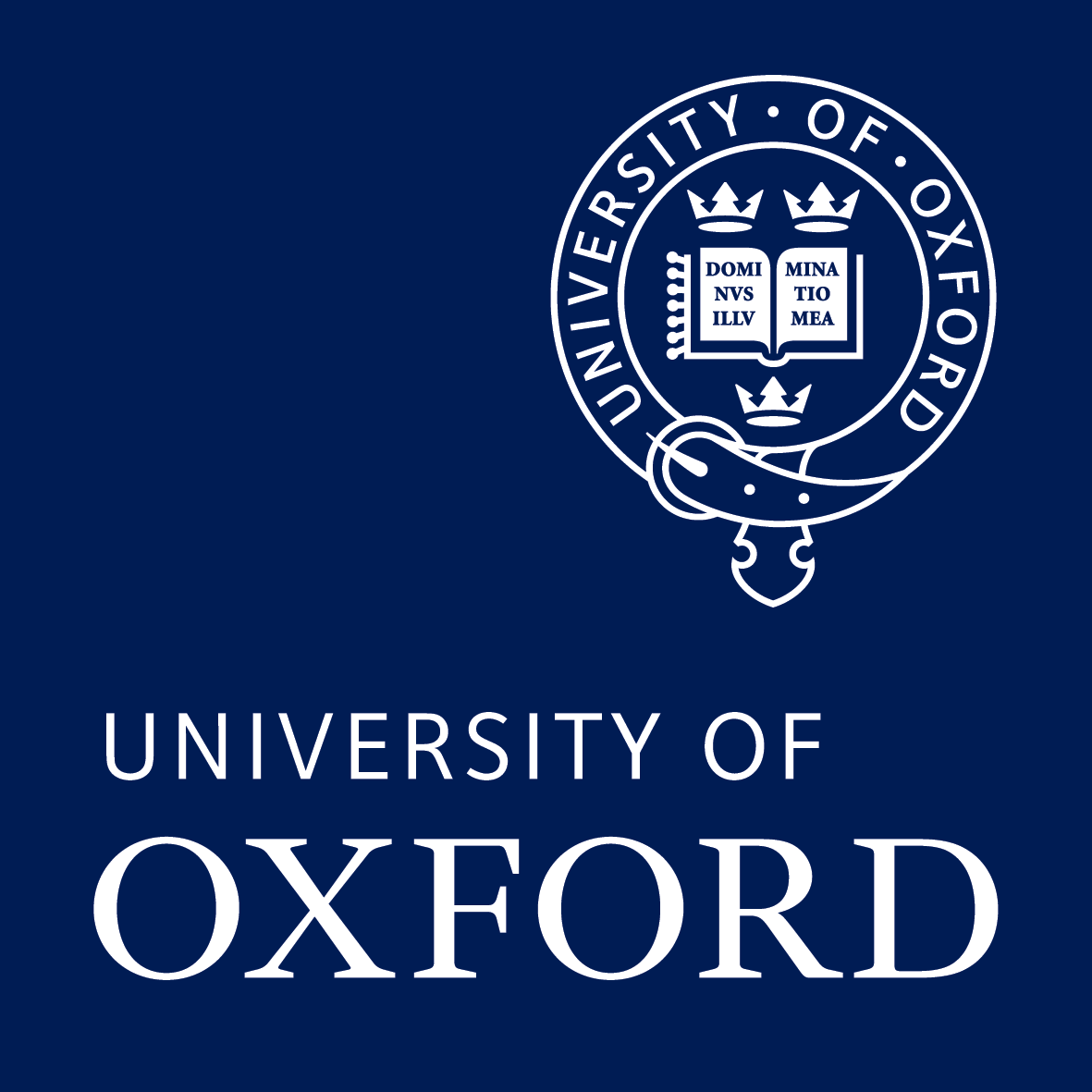Professional Organisations
Professional organisations, such as The Royal Society of Chemistry, will benefit from data and information to inform briefing notes and position statements, ultimately with the potential to influence policy and practice.

NGOs
This stakeholder group comprises WWF, Friends of the Earth, Lancashire, Manchaster and N. Merseyside Wildlife Trust and the Yorkshire Wildlife Trust. In addition, we will reach out to a range of NGOs throughout the Programme, including those that support fracking as well as those that oppose such development to ensure that our research remains balanced and impartial.

PUBLIC
Members of the public from both sides of the shale gas debate will be provided with more definitive, and easily accessible, information through a range of two-way knowledge exchange activities.
Shale gas development attracts a good deal of media attention and the government and industry have sought to provide information to the public, as have the NGOs, yet over 40% of those polled in the BEIS Wave Survey say they do not know enough to reach an informed decision. This suggests the need for rigorous and independent information in formats that can be digested by the interested publics. Local communities in potential development areas are a specific sub-section of the public as they are in the front line and want to be well informed when it comes to assessing the possible impacts of shale gas development.
International collaborations
Our Programme will benefit from collaborations in US, Canada and Australia. By sharing this vast international experience and knowledge and applying these data as analogues for the UK we will gain insights into the potential economic, social and environmental impacts associated with development of shale gas in the UK landscape. Our international collaborations comprise:



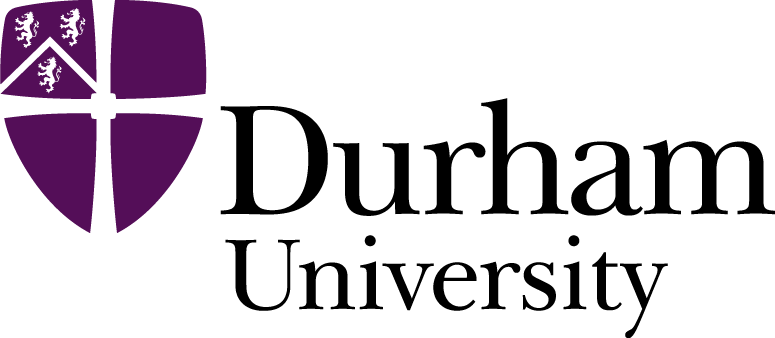


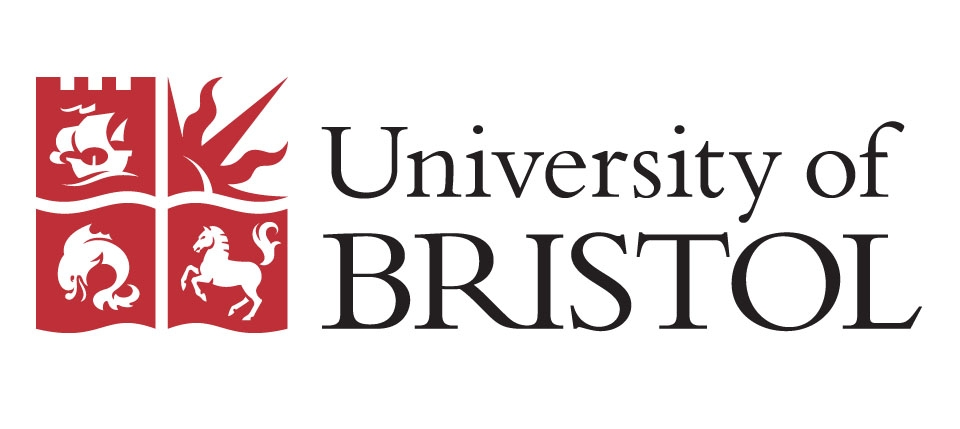
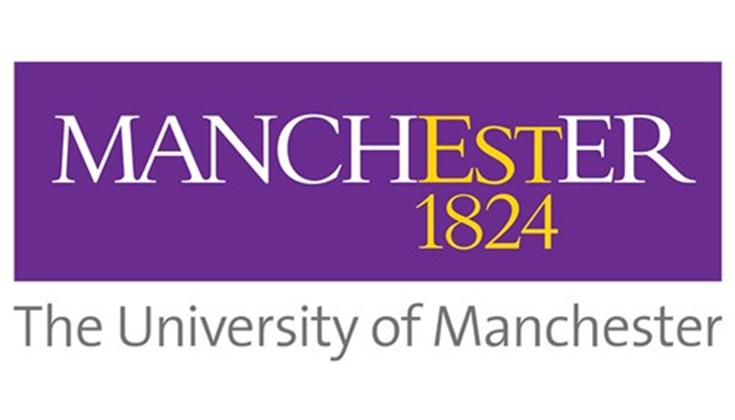
.png)
